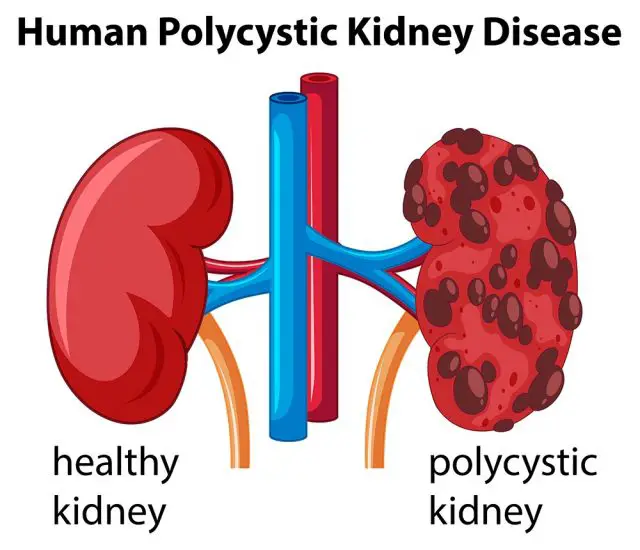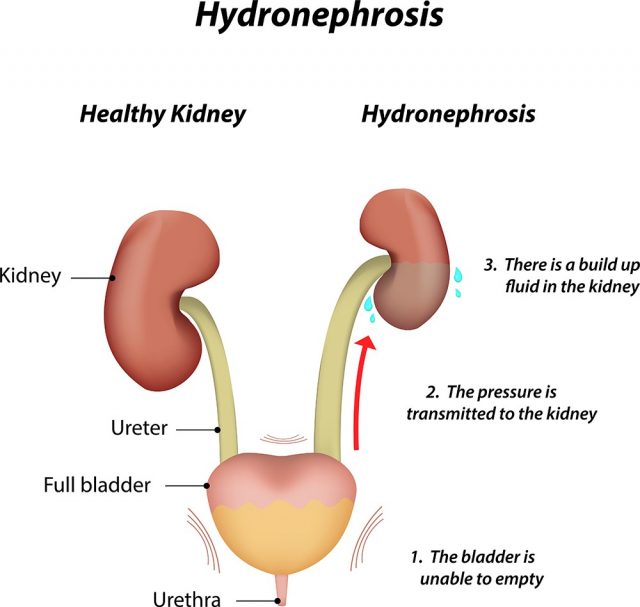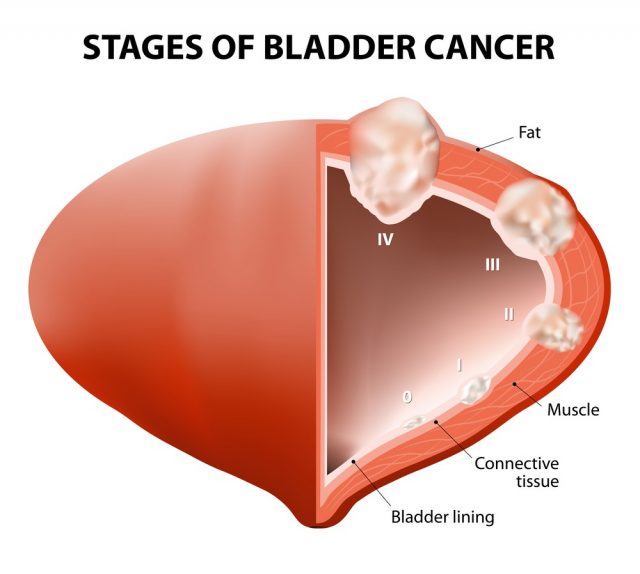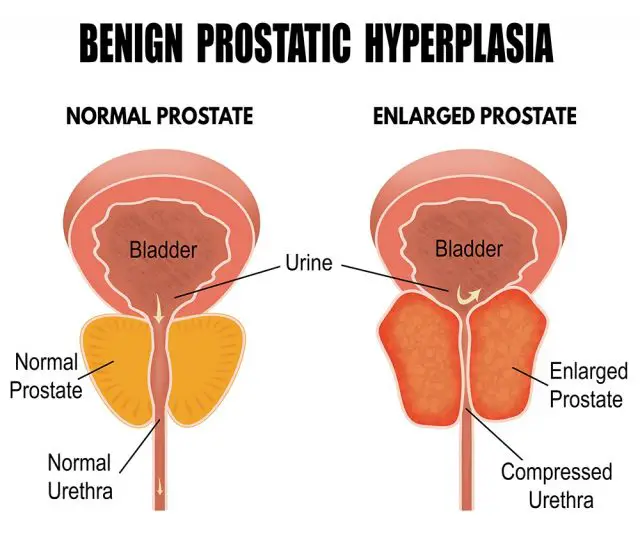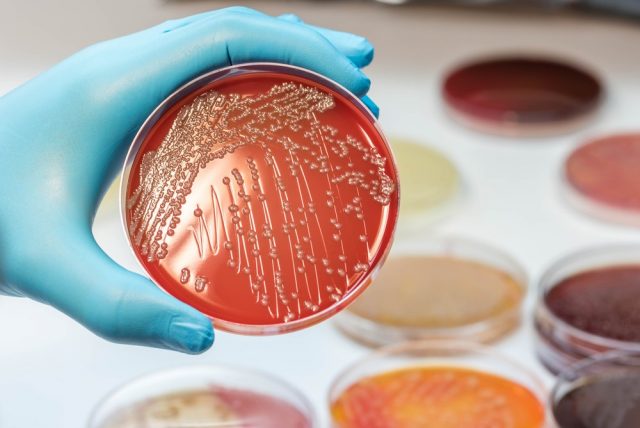Weak Urine Stream
Weak urine stream men
A weak urine stream majorly means difficulty in getting a urine flow. This generally occurs in older men due to an enlarged prostate. They can have problems with dribbling, starting urinating and a slow or weak urine stream. Infection in the urinary tract or prostate could also lead to weak urine stream in men.
Urinary problems are also known as urinary hesitancy. This is a disorder which can affect both men and woman. Most of the time, people do not notice their symptoms until the problem gets severe. Delay in diagnosis often results in complete inability to pee known as urinary retention.
There is slowing of urine stream, pain and burning sensation felt while urinating and discomfort in the muscles of the lower abdomen. This also leads to loss of sexual activity. However, the problem is not serious and can be diagnosed and treated easily.
The reasons for a weak urine stream in males can be either of the below mentioned diseases:
- Urinary tract infection (UTI): This is often caused by bacteria that overcome the defense system in the urinary tract of the body. This bacterium spreads to the bladder, kidneys and tubes present in the urinary tract. It is one of the most common infection affecting men each year. An infection in the urinary tract can occur due to sexual intercourse, poor hygiene, not emptying the bladder totally, bowel incontinence, blocked urine flow, kidney stones, use of heavy antibiotics and immobility for longer periods.
 One feels a frequent and strong urge to urinate and gets cloudy or foul smelling urine. There is a painful sensation while urinating. One may also feel nausea or vomiting. In severe cases there is abdominal or muscle pain too. After getting diagnosed with a UTI, the doctor will prescribe antibiotics and suggest you to keep good hygiene, drink lots of water, urinate after sex and such other precautionary measures.
One feels a frequent and strong urge to urinate and gets cloudy or foul smelling urine. There is a painful sensation while urinating. One may also feel nausea or vomiting. In severe cases there is abdominal or muscle pain too. After getting diagnosed with a UTI, the doctor will prescribe antibiotics and suggest you to keep good hygiene, drink lots of water, urinate after sex and such other precautionary measures. - Diabetes, type 2: People with diabetes will experience problems like an overactive bladder, urge to urinate often and urine retention. The underlying problem is that due to nerve damage, the bladder loses its ability to sense its fullness. As time goes by, the diabetic bladder patients notice that an urgent sensation to urinate gets replaced by a dull and vague sensation which is put off my many. This results in the bladder muscles to stretch in order to accommodate a larger amount of urine.
 The bladder clearly loses its sense of fullness and also loses its ability to empty completely resulting in filling up quickly. Hence a diabetic bladder needs to urinate often. This condition often results in UTI or urine incontinence. The weak urine stream treatment for a diabetic bladder requires you to void the bladder often and completely till the bladder returns to its normal self.
The bladder clearly loses its sense of fullness and also loses its ability to empty completely resulting in filling up quickly. Hence a diabetic bladder needs to urinate often. This condition often results in UTI or urine incontinence. The weak urine stream treatment for a diabetic bladder requires you to void the bladder often and completely till the bladder returns to its normal self. - Vesicoureteral reflux: This is a condition in which the urine flows backwards from the bladder into the kidneys. The muscles of the bladder and urethra become weak and are unable to stop the urine from flowing backwards. This results in the bacteria present in the urine to reach the kidneys and cause damage. This may be a hereditary condition or may result due to an infection in the urinary tract.
 This can be a weak urine stream cause and one should get a urine culture done to check UTI and also do an ultrasound of the kidneys to check for any such problems. This problem can be treated by taking antibiotics and getting frequent tests to rule out any major problems. In severe cases, a surgery may be required to treat vesicouretral reflux.
This can be a weak urine stream cause and one should get a urine culture done to check UTI and also do an ultrasound of the kidneys to check for any such problems. This problem can be treated by taking antibiotics and getting frequent tests to rule out any major problems. In severe cases, a surgery may be required to treat vesicouretral reflux. - Polycystic kidney disease: This is a genetic disease in which cysts grow inside the kidneys. These cysts are fluid sacs which increase the size of the kidney.
 This condition often results in blood in the urine, urinary tract infections and weak urine stream. In severe cases kidney transplant is the only solution. There are other ways to treat this condition as dialysis, antibiotic medicines and blood pressure medicines.
This condition often results in blood in the urine, urinary tract infections and weak urine stream. In severe cases kidney transplant is the only solution. There are other ways to treat this condition as dialysis, antibiotic medicines and blood pressure medicines. - Hydronephrosis: In this condition, the kidney swells in size due to incomplete drainage of urine. This condition often arises after an underlying primary condition. Obstruction in the urinary tract or a blockage results in hydronephrosis. Due to the obstruction, the urine builds up pressure and swells the kidneys. The obstruction also leads to a weak urine stream.
 Due to incomplete voiding, UTIs may develop, the muscles of the urinary tract lose their sensation of feeling full and there is severe pain during urination. The obstruction could be due to kidney stones or blood clots which develop suddenly in the kidneys. The doctor needs to diagnose the reason for hydronephrosis. It could be due to a blocked ureter. To rectify this condition, a ureteral stent is inserted into the bladder to remove the blockage. The blockage can be removed by surgery too.
Due to incomplete voiding, UTIs may develop, the muscles of the urinary tract lose their sensation of feeling full and there is severe pain during urination. The obstruction could be due to kidney stones or blood clots which develop suddenly in the kidneys. The doctor needs to diagnose the reason for hydronephrosis. It could be due to a blocked ureter. To rectify this condition, a ureteral stent is inserted into the bladder to remove the blockage. The blockage can be removed by surgery too. - Bladder cancer: Bladder cancer is often detected early due to blood in the urine and severe discomfort while urinating. An advanced bladder cancer will cause inability to urinate completely, bones and muscles pain, weak urine stream, fatigue and loss of appetite. These symptoms could be due to some other underlying conditions too. One should get a medical test done to find out the exact reason for such problems.
 While there are no ways of preventing cancer, one can surely take some treatment to get some relief from the pain and discomfort. A surgery, chemotherapy, radiotherapy or immunotherapy might be suggested by the cancer care team. Sometimes the entire bladder is suggested to be removed to relieve one from the pain.
While there are no ways of preventing cancer, one can surely take some treatment to get some relief from the pain and discomfort. A surgery, chemotherapy, radiotherapy or immunotherapy might be suggested by the cancer care team. Sometimes the entire bladder is suggested to be removed to relieve one from the pain.
Some other causes of weak urine stream can be bladder stones and overactive bladder syndrome.
Weak Urine Stream women
When a woman gets a slow urinary flow, delay in urinating, needing to strain to void completely or a slow or weak urine stream then she is suffering from voiding disorders.
The reasons for weak urine stream in females can be either of the below mentioned causes:
- Urinary tract infections
- Severe inflammation in genitals
- Antidepressants like oxybutynin, detrusitol and certain other medications.
- Due to diabetic neuropathy or injury in the spinal cord
- Due to depression or anxiety
- After a harsh delivery
- Prolapsing of the pelvic organs or narrowing of the urethra.
- When the urethral sphincter muscles do not relax after voiding.
A doctor would conduct a series of tests to diagnose the cause for weak urine stream. The tests could be:
- Uroflowmetry test: In this test the rate of urine is measured during voiding to diagnose a weak stream
- Cystometry test: The bladder pressure is measured to check whether it contracts while voiding or not.
- Electromyography: The sphincter muscles are checked while voiding in this test.
- Radiology: Ultra sound scans and X-rays are taken in this test to check for tumors or abnormally large size of kidneys.
- Residual urine volume test: After voiding, a tube is inserted into the bladder to check for remaining amount of urine to detect whether voiding happens completely or incompletely.
A prevention and early diagnosis is the best treatment for this condition. Self- catherisation might be advised to you by the doctor in which a catheter has to be inserted in clean conditions. This helps woman to empty their bladders efficiently. In extreme conditions, a surgery may also be suggested by the doctor to widen the urethral opening.
Weak urine stream in the morning
Difficulty in urination affects older people in majority cases. It is largely due to benign prostatic hyperplasia. The male prostate gland is located just below the bladder. It is responsible for the synthesis of the fluid which carries sperm during ejaculation.
As and when the person ages, this gland increases in size and narrows the urethra leading to weak urine stream. Patients with this condition not only suffer from weak urine stream in the morning but also have dribbling and painful urination.
Sometimes, the prostate gland becomes inflamed leading to micturition problems. Due to the inflammation and swelling of the prostate, the urethra narrows causing urinary problems. This problem occurs in women too.
The bacterium called Escherichia coli is responsible for causing Urinary tract infections in both men and women. They get a frequent urge to urinate even when the bladder is devoid of any urine. Bladder irritation, painful urination, weak urine stream and urine incontinence are the results of UTI in men and women or prostate enlargement in men.
Sometimes, certain medications also lead to weak urine stream in the mornings. Some medications prescribed for cold, tricyclic antidepressants, nasal decongestants and some antichilinergics lead to micturition problems and difficulty in passing urine in the mornings.
One should not take this problem lightly and consult a doctor immediately. The condition should be treated quickly as it may lead to severe problems. Proper antibiotics need to be taken to curb the infections. Medications for prostate gland need to be taken for men. The patient should describe in detail with his doctor about any medications he/she is taking in order to rule out urinary problems due to medications.

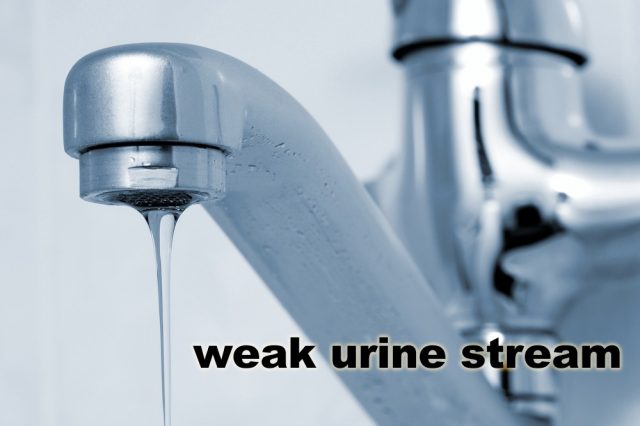
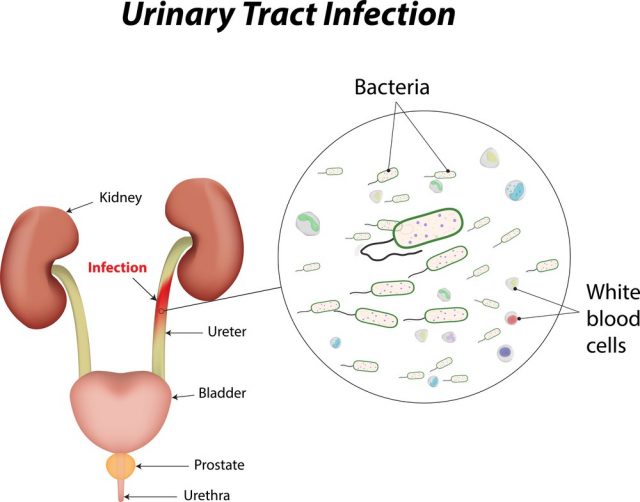
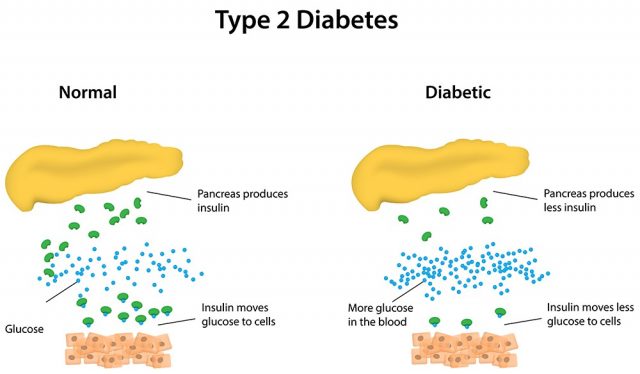
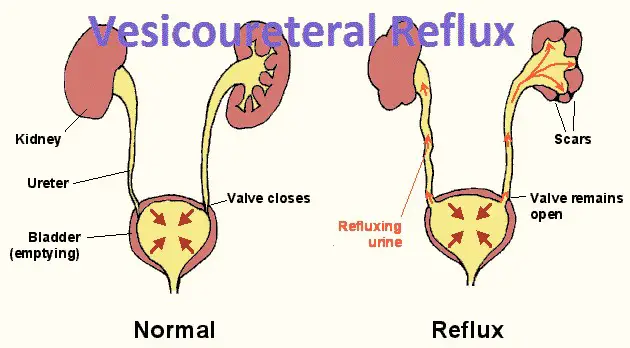 This can be a weak urine stream cause and one should get a urine culture done to check UTI and also do an ultrasound of the kidneys to check for any such problems. This problem can be treated by taking antibiotics and getting frequent tests to rule out any major problems. In severe cases, a surgery may be required to treat vesicouretral reflux.
This can be a weak urine stream cause and one should get a urine culture done to check UTI and also do an ultrasound of the kidneys to check for any such problems. This problem can be treated by taking antibiotics and getting frequent tests to rule out any major problems. In severe cases, a surgery may be required to treat vesicouretral reflux.